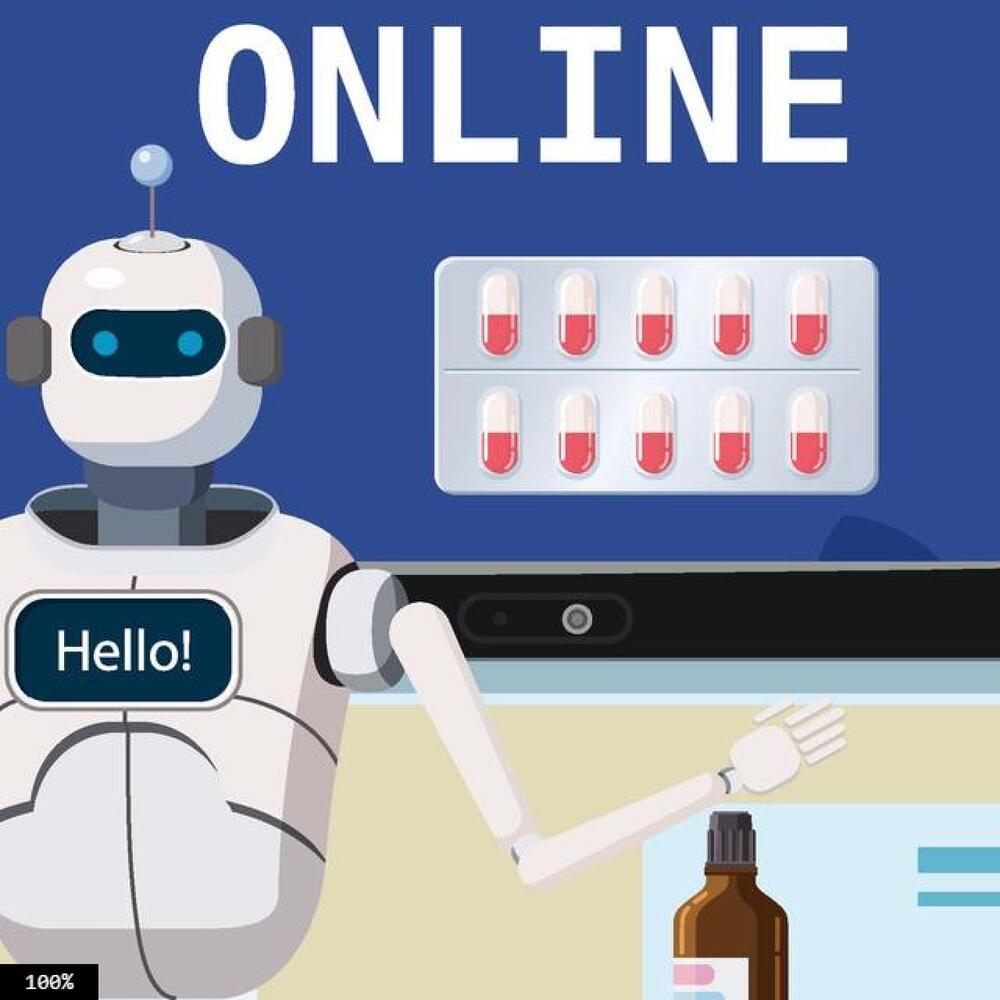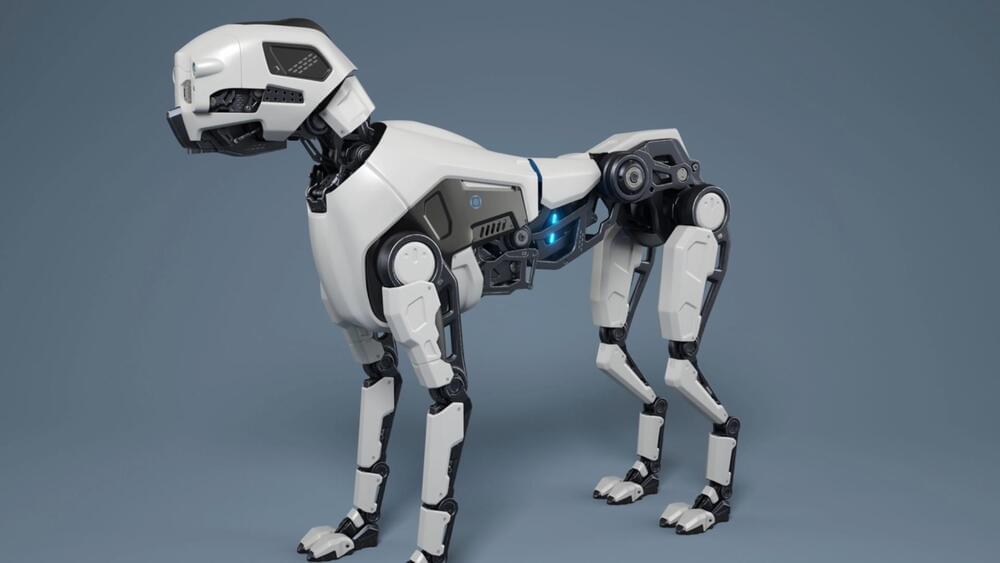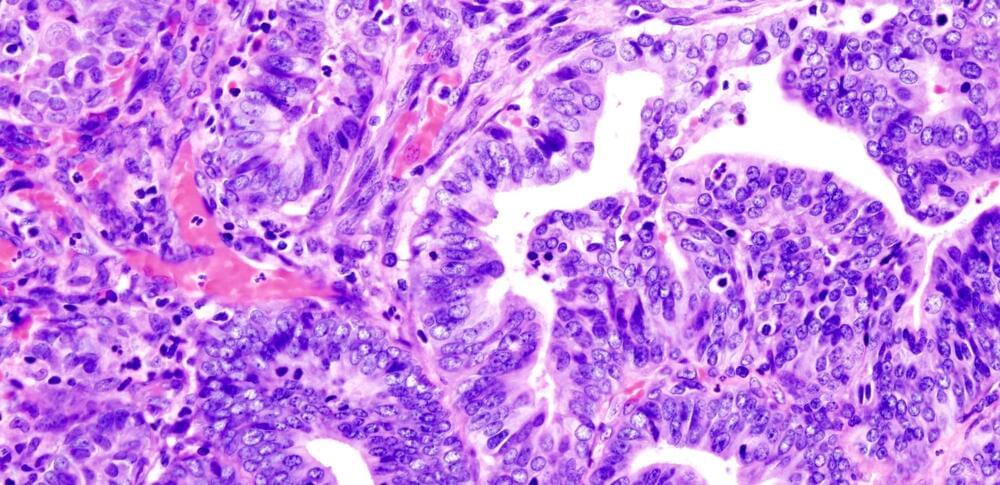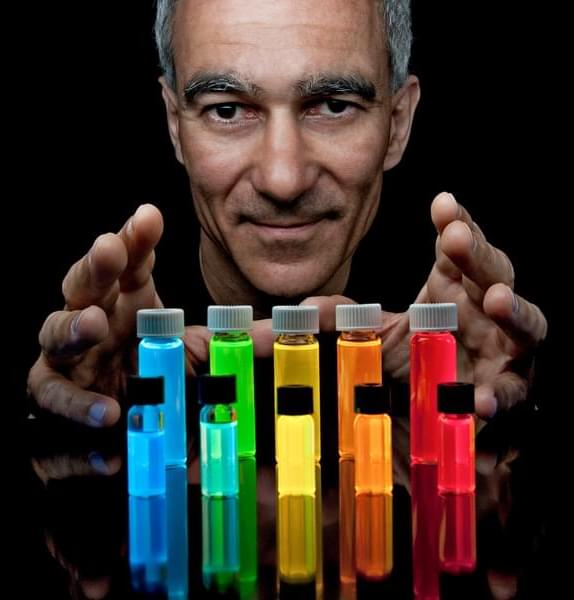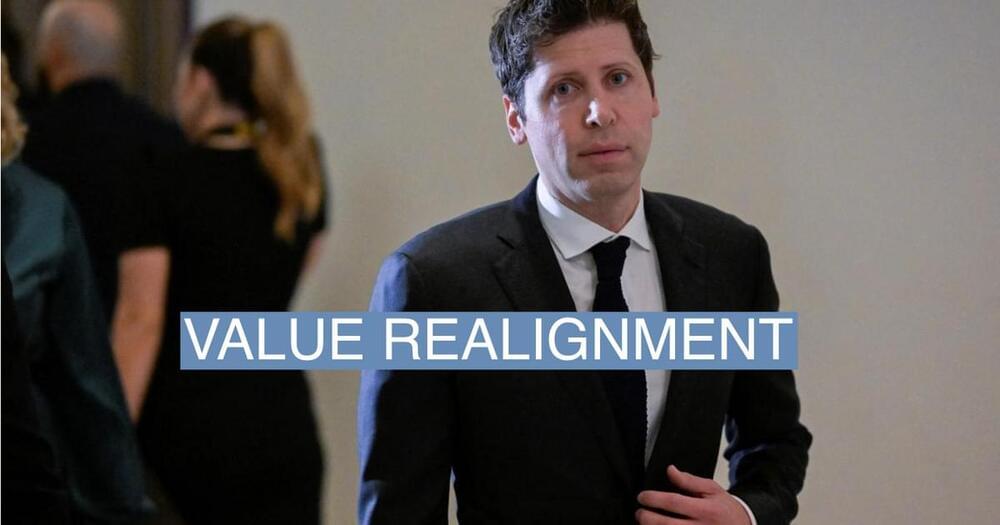With the vehicle, Springer and her team want to bridge the gap between patients at home and healthcare providers in established healthcare systems.
“What we really are trying to do is build bridges and linkages,” Springer said.
A first-of-its-kind fully mobile pharmacy may soon be coming near you. The “Integrated Mobile Opioid Treatment and Infectious disease cOordinated care in your Neighbourhood,” also known as “InMOTION,” was started by Sandra Springer, a professor of medicine at the Yale School of Medicine, and her team, with the goal of bringing a working pharmacy to people’s homes and enhancing access to health care for residents of Connecticut.
A f irst-of-its-kind fully mobile pharmacy may soon be coming near you.
